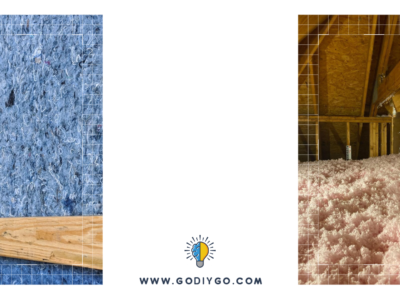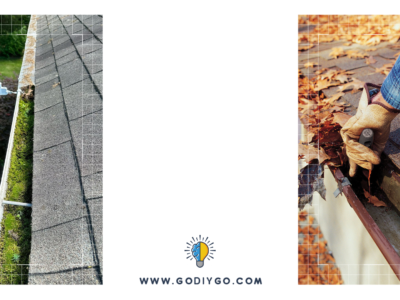More and more first-time homeowners are only able to afford their new property by combining mortgage, money from family, and other means of savings. The average down payment for a first-time homebuyer is 6%. If you’re looking to purchase your first home, it’s important to be mindful of the financial commitments you’re making.
This means that if you want to buy a 0,000 home, you’ll need to save ,000 for the down payment.
Mortgage payments are usually the biggest expense associated with owning a home, so you’ll need to make sure that you can comfortably afford your monthly payments. In addition to your mortgage payment, you’ll also need to factor in the cost of property taxes, insurance, and maintenance. Here are4 financial tips to consider when buying a new property.

Save for a larger down payment
If you can manage it, aim to save for a larger down payment. Larger down payment will lower your monthly mortgage payments and overall loan amount, saving you money in the long run.
Not to mention, it will also help you avoid paying private mortgage insurance (PMI), which is an insurance policy that protects the lender in case you default on your loan. Make sure to check on all of the requirements here https://altrua.ca/mortgage-pre-approval/, before closing any deal. Before you sign the contract for the house you will probably need to provide some sort of confirmation to your realtor. Also, a mortgage pre-approval, in which you are given a conditional commitment in writing for a specific loan amount, can help strengthen your offer to buy.
A mortgage pre-approval is a written commitment from a lender that states how much money they are willing to lend you to purchase a home. It also outlines the terms of the loan, including the interest rate and mortgage length. Getting pre-approved for a mortgage can give you an advantage over other buyers, as it shows that you are a serious and qualified buyer.
Consider a shorter mortgage term
While the standard mortgage length is 30 years, you may want to consider a shorter-term to save money on interest. A 15-year mortgage will likely have a higher monthly payment than a 30-year mortgage, but you’ll end up paying much less in interest over the life of the loan.
Interest rates on your mortgage can greatly affect how much you end up paying for your home. Be sure to shop around and compare rates from multiple lenders before settling on a mortgage.
Make extra payments
Making extra payments on your mortgage can help you pay off your loan faster and save money on interest. If you can afford it, consider making bi-weekly or even monthly payments instead of the standard monthly payment. You can also make a lump-sum payment towards your principal balance once a year. Keep in mind that you may be charged a fee for making extra payments, so be sure to check with your lender first.
Another option to decrease the amount of interest you pay is to consider getting an additional job. Try discussing this with your family and maybe all of you (especially if your children are young adults) to make personal monthly savings coming from everyone and see how much you can forward to contribute.
Refinance your mortgage
If interest rates have dropped since you first took out your mortgage, you may want to consider refinancing. Refinancing involves taking out a new loan with a lower interest rate and using the money to pay off your existing mortgage.
People often plan on taking out loans to better their previous debt. This strategy allows you to monitor the market for mortgages and loans that offer better conditions than the ones you already have. For example, if you have a 30-year fixed-rate mortgage at 4.5% interest and rates later drop to 3.5%, you may want to consider refinancing your loan. Doing so could save you thousands of dollars over the life of the loan.
If interest rates drop after you’ve already locked in your mortgage rate, you may be able to save money by refinancing. Refinancing essentially means taking out a new loan with a lower interest rate to replace your existing loan. This can lower your monthly payments and help you pay off your mortgage faster.
When considering whether or not to refinance, be sure to factor in the cost of refinancing, including any closing costs and fees. You’ll also want to make sure that you’re still in good standing on your current mortgage before you begin the refinancing process.

Whether you’re a first-time homebuyer or you’re looking to upgrade to a larger home, it’s important to be mindful of the financial commitments you’re making. By following these tips, you can help ensure that you’re making the best decision for your current and future financial situation.
Buying a home is one of the most stressful things that an individual can do in their life. Whether it be for themselves or someone else, the process always carries with it some level of stress and anxiety. The reason being is because this will ultimately be a major investment for them and so there are a lot of factors to consider before purchasing.
















